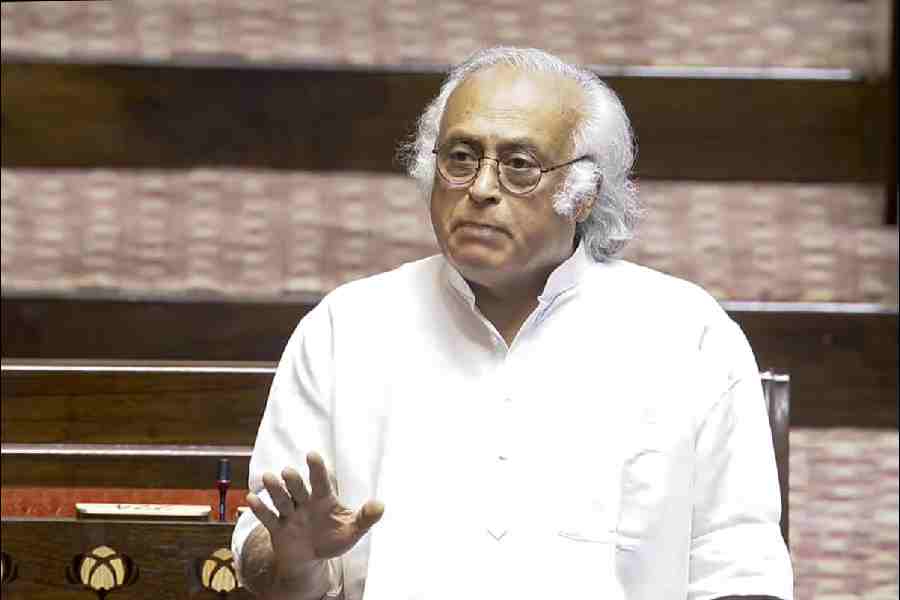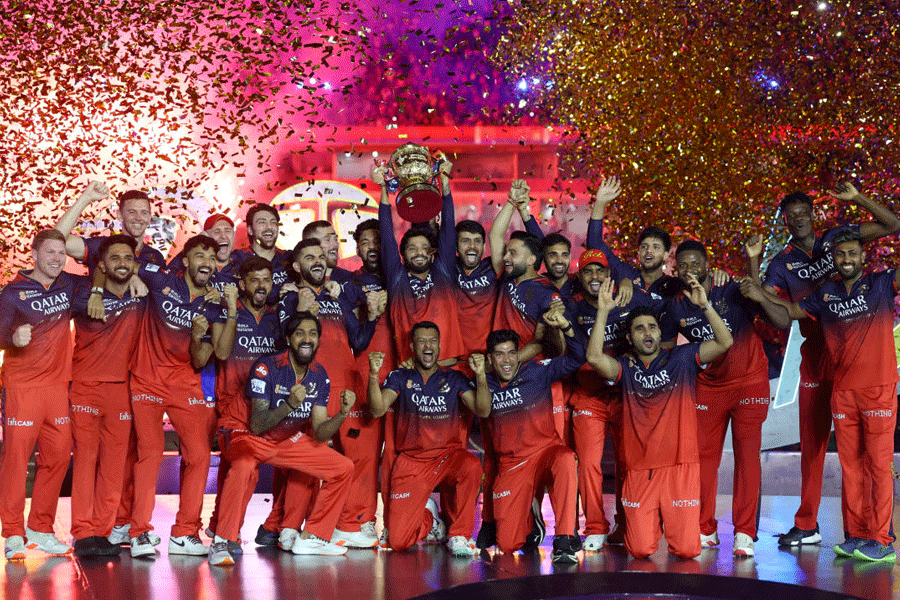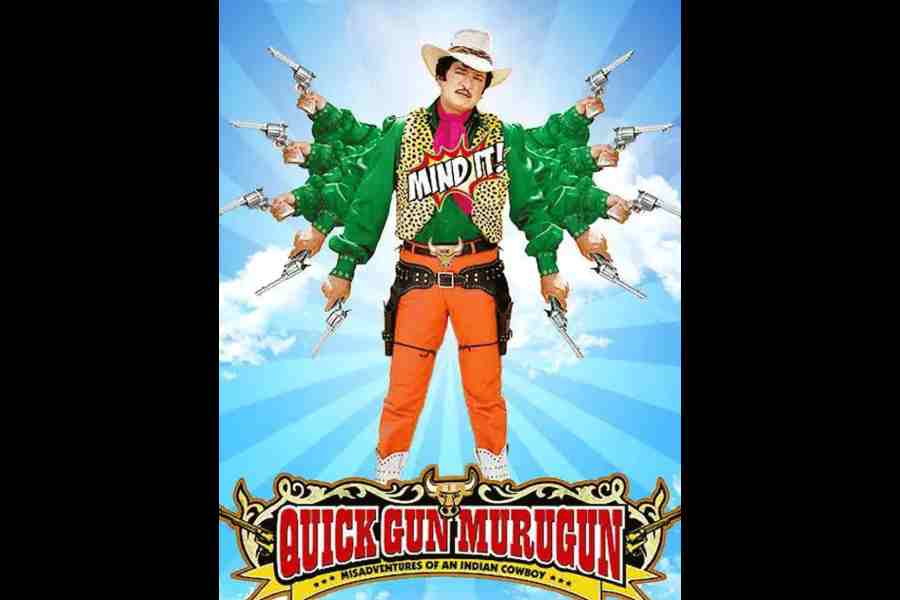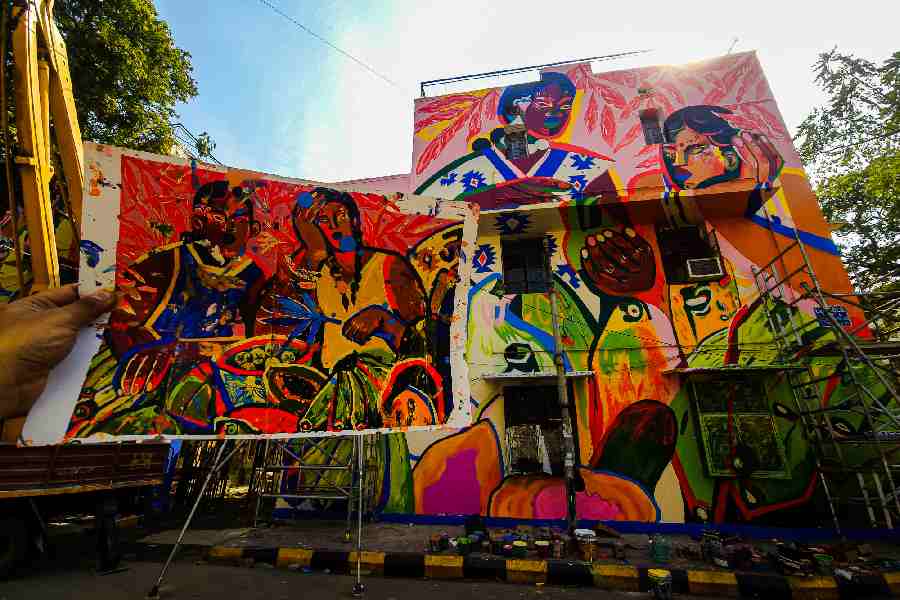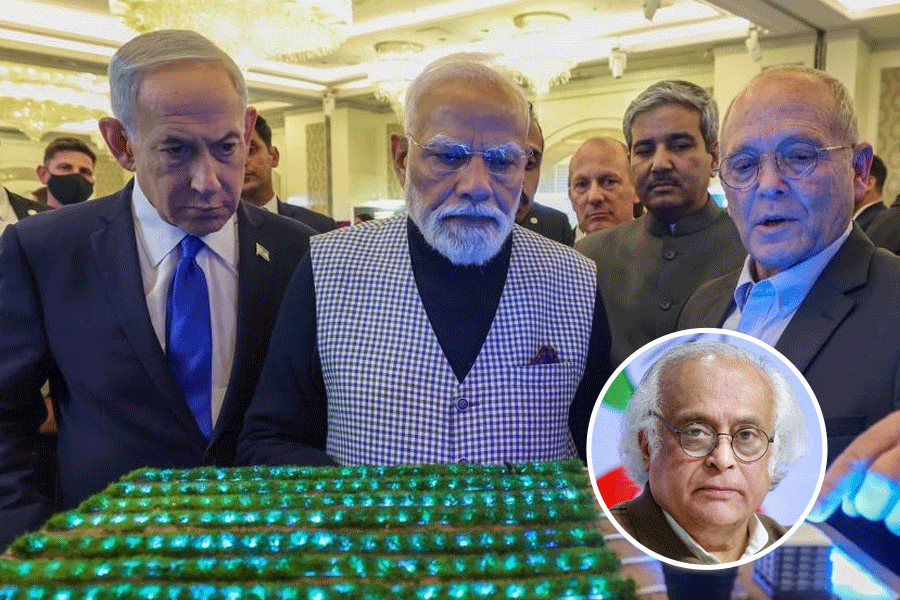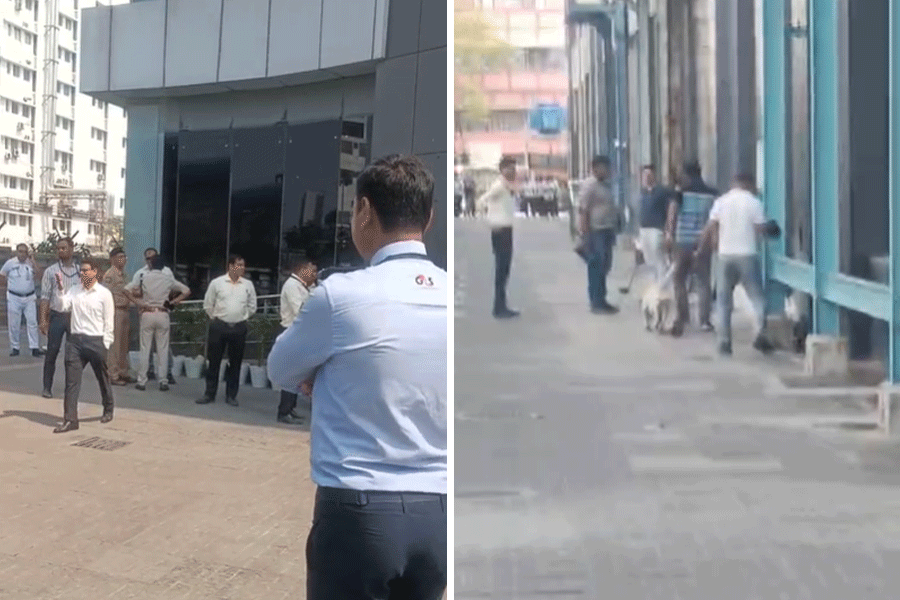New Delhi, Sept. 2: The security establishment at the Centre is keen on tagging Shangnyu Shunwang Khaplang, the Myanmarese leader of the NSCN (K), as an “Indian” — a move which they feel would remove several obstacles from the Naga peace process.
First, Khaplang can be welcomed to Delhi for talks and will also help in reconciliation — with the Centre and also with his estranged friends, Thuingaleng Muivah and Isak Chishi Swu, of the NSCN (I-M).
The government is even delving into tribal identities to see if Khaplang is actually a Hemi Naga from northeastern Myanmar or can be called a Konyak.
Bringing Khaplang to the talks could mean several things.
The ageing tribal leader has been unifying Manipur groups like the UNLF and PLA besides Ulfa to challenge Myanmar and Indian forces — a dialogue with him could yield long-term stability in the region.
It could also mean the government wants to iron out differences among several Naga rebel groups.
The divide in the NSCN (K) earlier this year made Nagaland’s rebel politics even more complex, with Muivah and former Khaplang loyalist Kitovi taking charge of the outfit in India.
The pleasure of seeing the Khaplang group divided did not work for long for New Delhi as Kughalu Mulatonu, Kitovi’s relative and a Young Turk, defected to Khaplang.
An altered identity for Khaplang could also open avenues for the security establishment to make the complex scene more manageable — as it would be easier to keep an eye on an Indian rebel leader than a Myanmarese one.
Sources told The Telegraph that Wangting Konyak, a senior leader of the NSCN (K) who is loyal to Khaplang, discussed his arrival with the Centre this week.
The government is also keenly watching the latest developments in Nagaland where three rebel groups joined hands recently — Isak-Muivah, Khole-Kitovi and S. Singnya of a faction of the Naga National Council have reconciled for now.
“In pursuance of this agreement, the signatories have resolved in principle to work towards the formation of one Naga National Government,” stated a document named the Naga Concordant.
What is worrying for New Delhi is a condition in the reconciliation pact that the Naga leaders signed on August 24-25.
“Any interim arrangement of the political rights of the Nagas shall be outside of the purview of the Constitution per se,” the resolution stated, even as they “affirmed” to work for territorial integrity of all Nagas.


